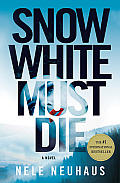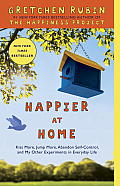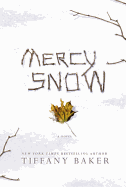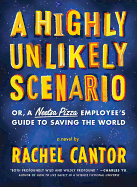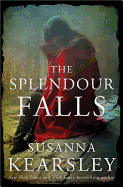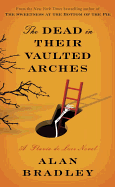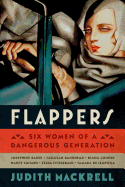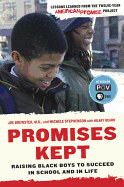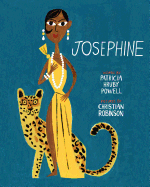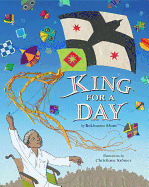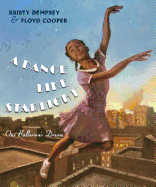On 'Disobedience'
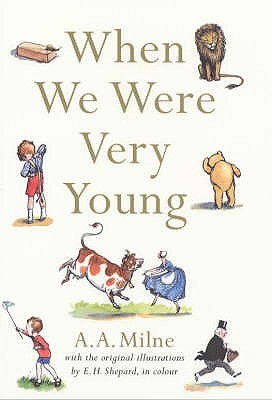 Winnie-the-Pooh is analogous with childhood. With his friend Piglet and the other inhabitants of the Hundred Acre Wood, Pooh discovers how things work. But the first real introduction this reader had to the work of A.A. Milne--whose birthday is tomorrow--was through his poem "Disobedience."
Winnie-the-Pooh is analogous with childhood. With his friend Piglet and the other inhabitants of the Hundred Acre Wood, Pooh discovers how things work. But the first real introduction this reader had to the work of A.A. Milne--whose birthday is tomorrow--was through his poem "Disobedience."
While we are in the throes of childhood, we think only children can disobey. Adults are always right. But for James James Morrison Morrison Weatherby George Dupree, it's quite another story. Milne flips the idea of who's in charge and taps into the truth of what it's like to be three: "James James/ Morrison Morrison/ Weatherby George Dupree/ Took great/ Care of his Mother,/ Though he was only three./ James James said to his Mother,/ "Mother," he said, said he;/ "You must never go down/ to the end of the town,/ if you don't go down with me."
That poem lived within me. I loved the repetition, the beat, the power James held. I loved the way Milne asked us--"(Now then, very softly)"--at the end, to repeat the first stanza, as if in code: " J.J./ M.M./ W.G.Du P./ Took great/ C/0 his M*****/ Though he was only 3." It was emboldening: like James, we could take the reins. Only much later do we come to understand this as a poem about separation anxiety in which the child refuses to be anxious. Milne turns the tables and empowers the child, who instructs the parent.
Winnie-the-Pooh, too, cuts through childhood fears because Pooh, Piglet and their friends share them. You are not alone, Milne tells us. One of the great exchanges of all time occurs in The House at Pooh Corner, when Piglet sidles up to Pooh from behind. " 'Pooh!' he whispered. 'Yes, Piglet?' 'Nothing,' said Piglet, taking Pooh's paw. 'I just wanted to be sure of you.' " Thank you, Alan Alexander Milne, for telling us we are not alone. And: Happy Birthday! --Jennifer M. Brown



